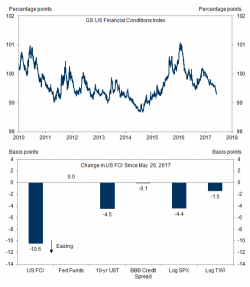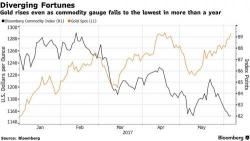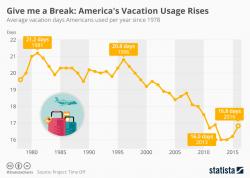One Bank Is Confused: The Fed's Rate Hikes Have Resulted In The Loosest Financial Conditions Since 2014

In its latest weekly Economic Indicators Update, Goldman charts the ongoing paradoxical divergence between the Fed's professed tightening path and what is actually taking place in the US stock market, where it finds that financial conditions are the easiest they have been in two years.
One month ago, Goldman discussed this topic in depth when Jan Hatzius implicitly asked if Yellen has lost control of the market, and warned that in order to normalize fin conditions, the Fed may be forced to follow through with a "policy shock."


